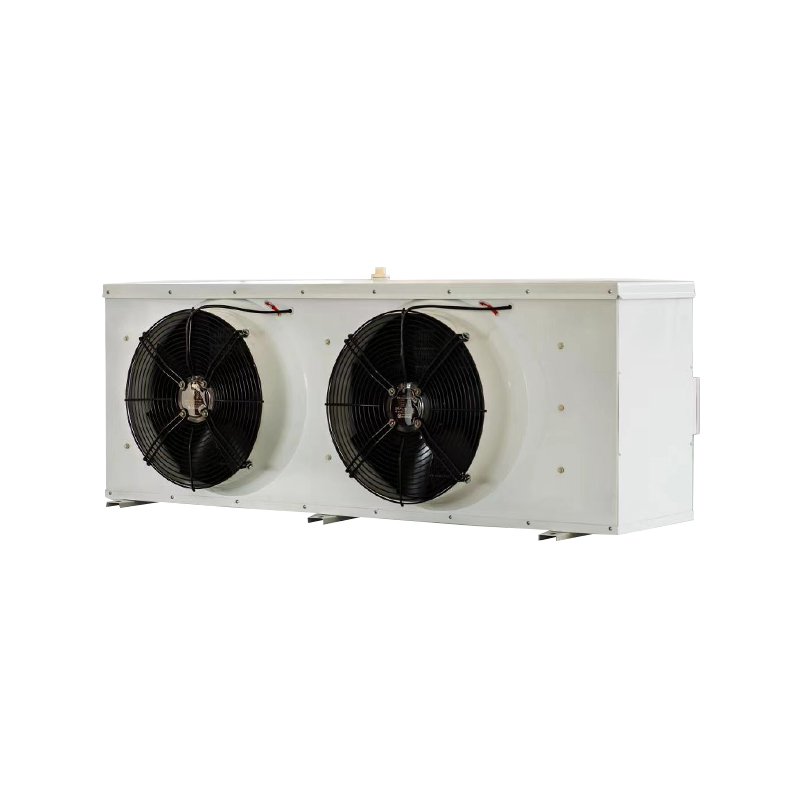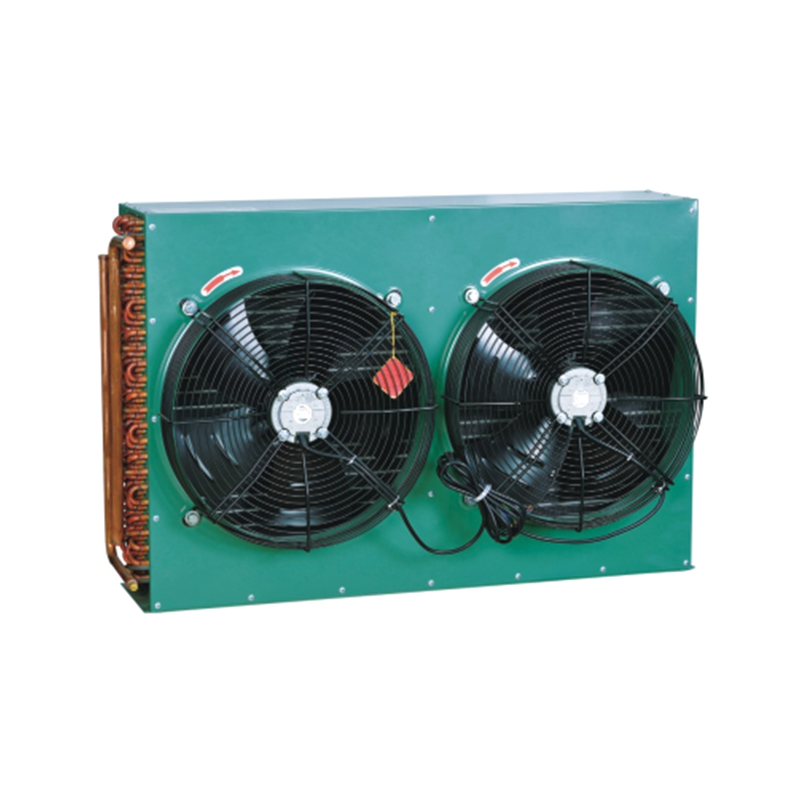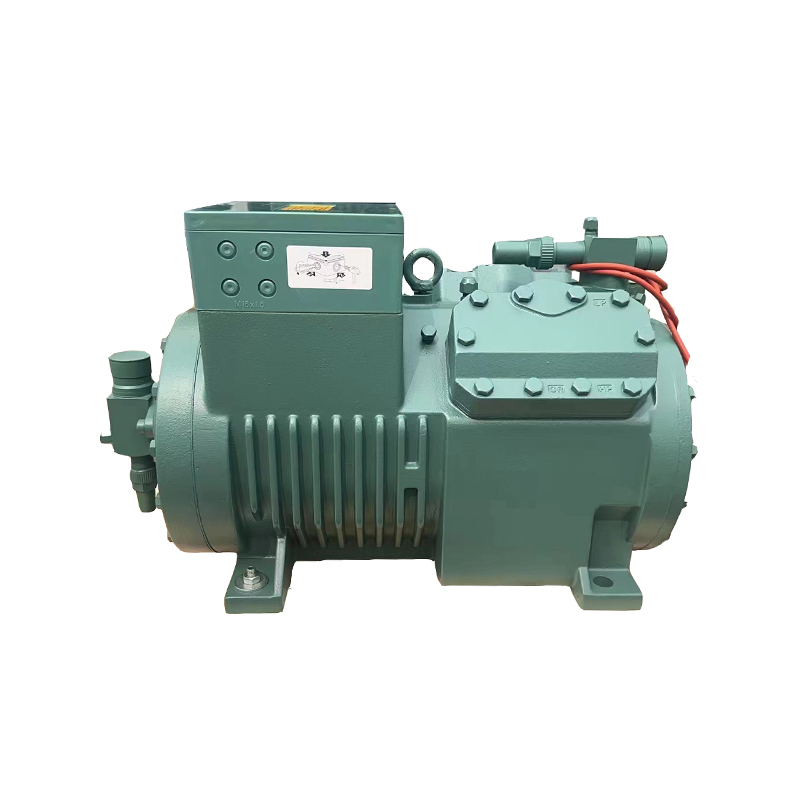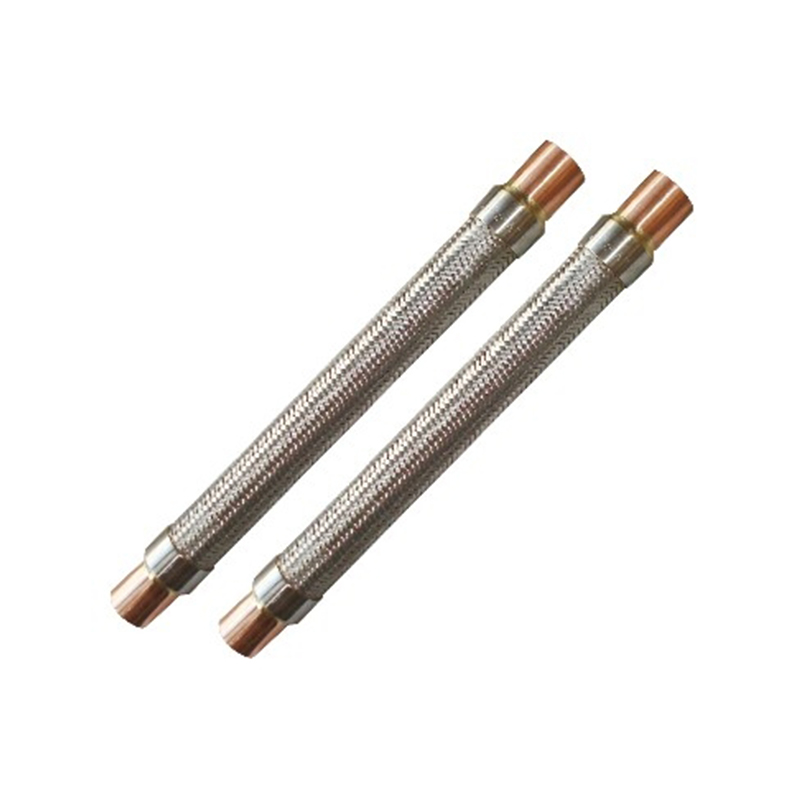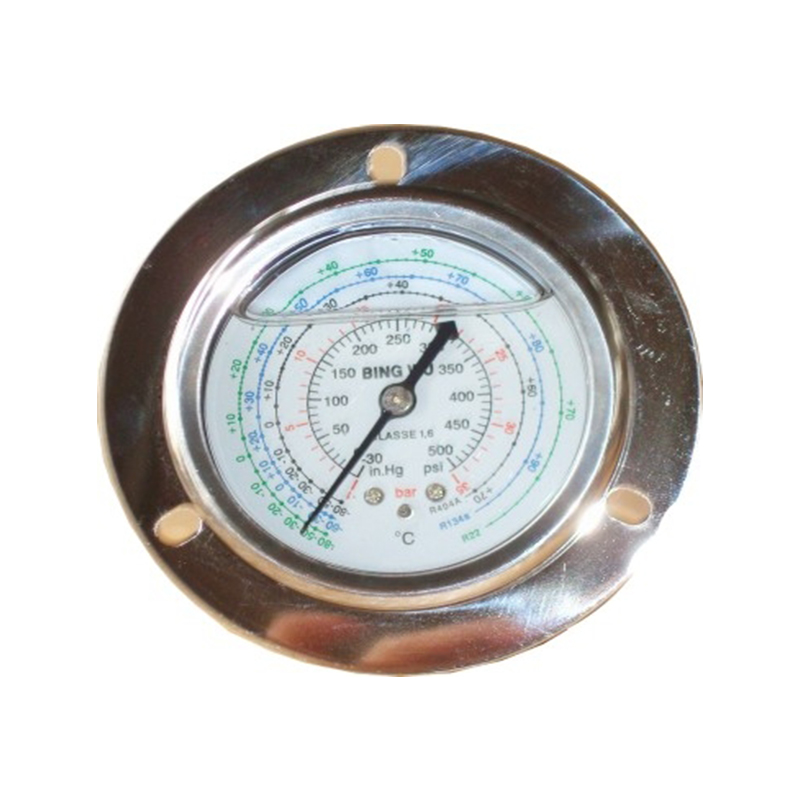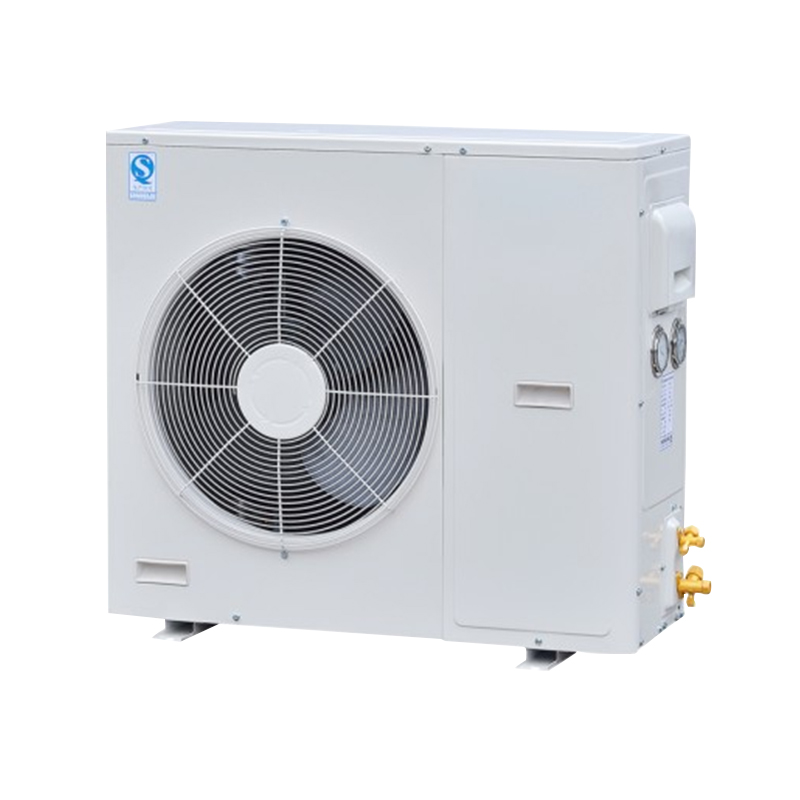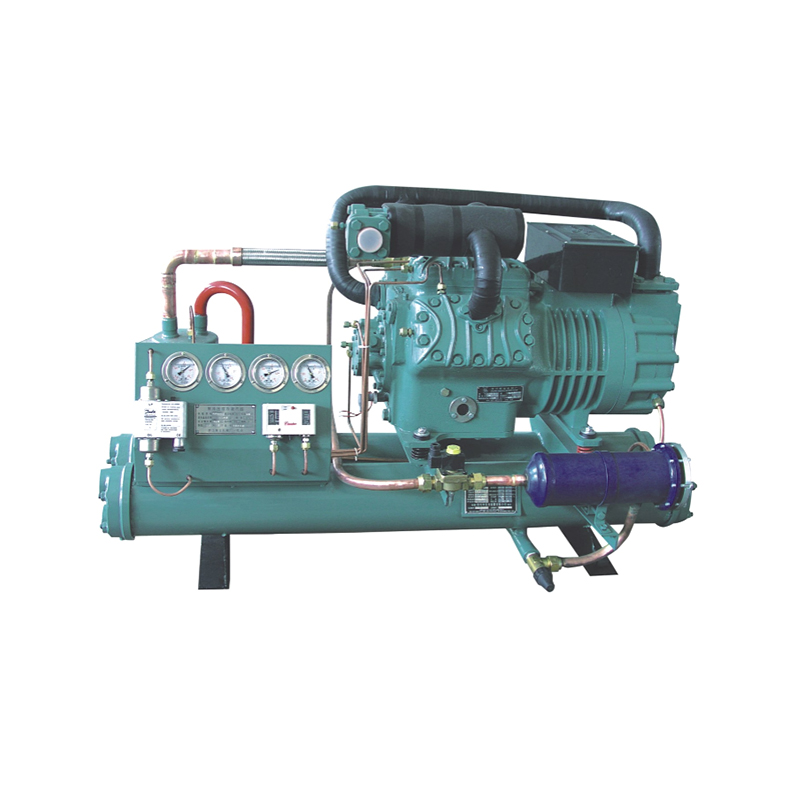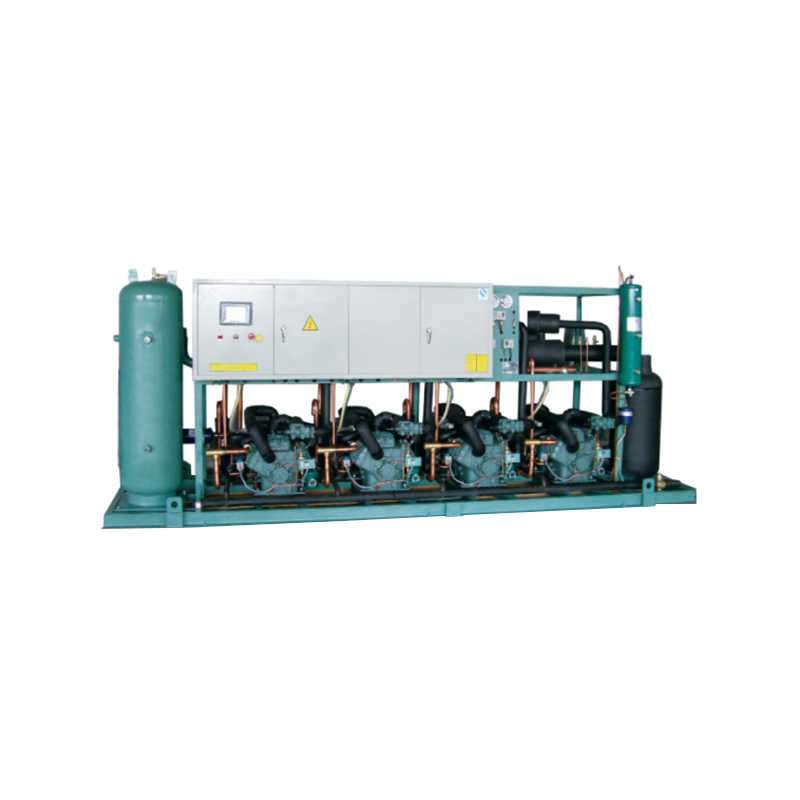Phosphating spray treatment can significantly improve the corrosion resistance of the V Type Air Cooled Condenser. During the phosphating treatment, the surface of the steel plate of the V Type Air Cooled Condenser will be immersed in a solution containing phosphate, and the surface will be chemically reacted Form a dense phosphating film. This phosphating film is deposited on the surface of the workpiece in a hemispherical shape and has excellent anti-corrosion properties. The formation of the phosphating film reduces the direct contact between the steel plate surface and corrosive media such as salt and moisture in the air, thereby effectively blocking the penetration of corrosive media and improving corrosion resistance. The formation of the phosphating film will also make the surface of the steel plate rough. This roughness is conducive to the mechanical engagement between the subsequent spray coating and the base material, increasing the contact area between the coating and the base material, thereby improving the adhesion of the coating. Focus.
The microstructure formed by the phosphating film on the surface of the steel plate is like countless tiny barriers. These barriers are composed of phosphate crystals, closely arranged and intertwined, effectively blocking corrosive media such as water molecules, oxygen, and salt from directly contacting the steel plate base material. This physical barrier greatly slows down the process of corrosion reactions. The phosphating film also has a certain electrochemical stability, which can adjust the potential on the surface of the steel plate and reduce the driving force of electrochemical corrosion. When the corrosive medium attempts to penetrate the phosphating film, it encounters an electrochemical barrier, thereby reducing the corrosion rate. The porosity and roughness of the phosphating film not only provide a good adhesion basis for subsequent spray coatings, but also enhance the bonding force between the coating and the substrate through mechanical locking and chemical bonding, ensuring that the coating Layer durability and stability.
Plastic spray coatings usually use polymer materials such as polyester, epoxy or polyurethane. These materials have excellent weather resistance and can resist the erosion of natural environments such as ultraviolet radiation, temperature changes, humidity fluctuations, etc., keeping the coating bright in color and not easy to fade. or aging. As a non-metallic non-conductive isolation layer, the spray coating can effectively isolate the steel plate from direct contact with the external corrosive environment and prevent the penetration and erosion of corrosive media. At the same time, the coating’s denseness and non-porous structure further enhances its anti-corrosion properties. The spray coating also has good wear resistance and scratch resistance, and can resist mechanical friction and scratches that may be encountered in daily use, maintaining the integrity and aesthetics of the condenser surface.
The phosphating spray treatment provides excellent corrosion resistance for the V Type Air Cooled Condenser by forming a dense phosphating film and spraying a highly weather-resistant plastic coating. This treatment method not only improves the durability of the product, but also reduces maintenance costs. It is one of the important means to improve the performance of the condenser.
